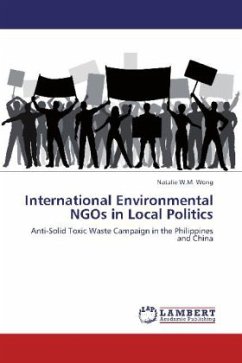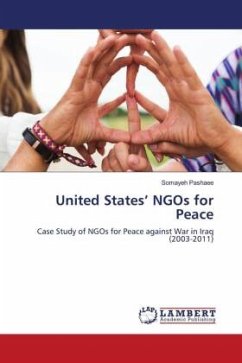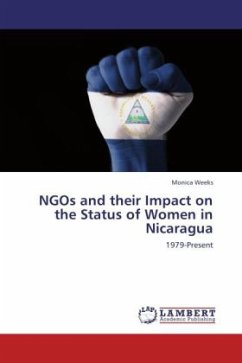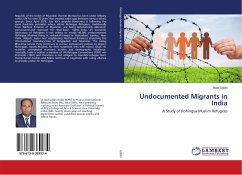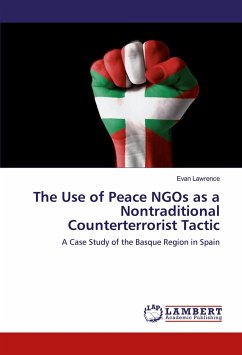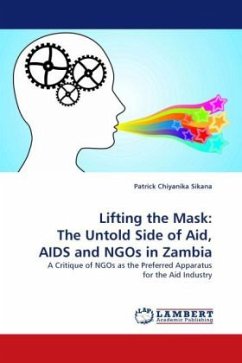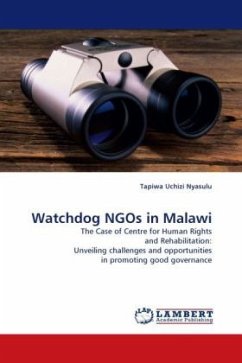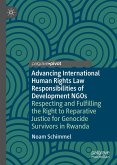Borderless pollution is the common issue that not only face governments around the world which implement the policies and law to protect the environment, but also non-state actors, such as environmental non-governmental organizations (ENGOs) who play a role in global environmental protection. They expand their networks not regionally but trans-nationally to spread their mission over the world. Although most of the international ENGOs (IENGOs) originate from the North their work is mainly established in the South. Nevertheless, those Northern IENGOs facilitate the Southern local ENGOs in the process of environmental politics in particular to political transformation. The IENGOs have helped the local NGOs in their struggles with environmental justice in some of the Southeast Asian countries such as the Philippines and China. The result of campaign varies from place to place even when initiated by the same IENGOs in the case of China and the Philippines. This paper compares different structures of IENGOs networks in the Philippines and China. The varying structures of NGO networks do imply that the IENGOs should have different strategies for the various countries under globalization.

